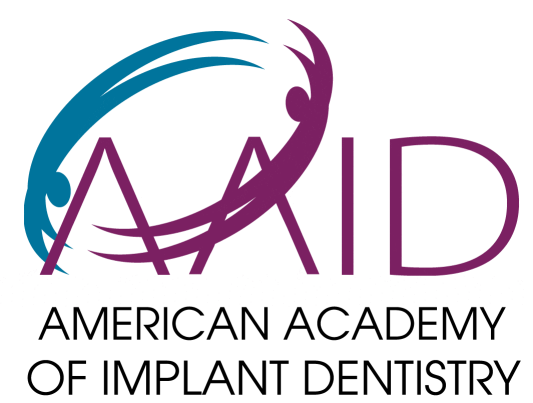Stress can significantly impact oral health. Researches have shown a direct link between stress and oral health, with chronic stress affecting the immune system, making it harder for the body to fight off bacteria that cause gum disease and other oral health issues. Stress can also lead to unhealthy habits such as poor oral hygiene, unhealthy eating, and tobacco use, which further contribute to oral health problems. Additionally, stress can cause physical symptoms like teeth grinding, tooth decay, canker sores, and jaw issues, which can lead to tooth damage and pain.

Stress, a ubiquitous part of modern life, has profound implications not just for our mental well-being but also for our oral health. The intricate relationship between the two is often overlooked, yet it’s crucial for both dental professionals and patients to understand.
The Surprising Link with Mental Health
It’s startling to realize how closely mental health is tied to oral health. Conditions like depression, anxiety, and stress can severely impact the health of your teeth. For instance, a significant number of individuals diagnosed with depression have reported experiencing dental issues, such as toothaches. Moreover, those battling these mental health challenges often rate their dental health as subpar.
For those in Ashburn, Leesburg, and Lansdowne, VA, Lansdowne Family Dental is the go-to place for all dental needs. With a wide range of services and a patient-first approach, we promise not just top-tier dental care but an experience you’ll cherish. Ready to begin your dental journey with us? Let’s connect!
Why Does Stress Affect Dental Health?
Behavioral Impacts
One of the primary reasons for deteriorating dental health among those under stress is the behavioral consequences of such mental conditions. When grappling with anxiety or depression, maintaining a regular dental hygiene routine can become a challenge. Such individuals might also indulge in unhealthy diets or even skip their dental check-ups.
Physiological Impacts
Stress doesn’t just have psychological effects; it also manifests physiologically. Elevated levels of the stress hormone, cortisol, can compromise the immune system. This weakened state can then pave the way for bacteria to attack the gums, leading to inflammation. Additionally, certain medications prescribed for anxiety and depression might cause a dry mouth, reducing saliva’s natural ability to cleanse the mouth after meals.
Symptoms to Watch Out For
People with heightened anxiety might display symptoms detrimental to oral health, such as canker sores or teeth grinding. The latter, especially, can have long-term repercussions, including wearing down essential molars and damaging the protective enamel layer.
Taking Care of Your Teeth Amidst Stress
Despite the challenges, it’s paramount for individuals, especially those battling mental health issues, to prioritize their dental health. Simple practices like brushing twice daily, flossing, and using mouthwash can go a long way. Setting reminders or alarms can also be beneficial for those who find it hard to stick to a routine.
The Bigger Picture
It’s essential to recognize that poor mental health doesn’t just affect the mind. Its repercussions are felt throughout the body, including the mouth. Conditions like stress, anxiety, and depression can significantly influence oral health, leading to issues like gum disease and tooth decay.
Conclusion
The connection between stress and oral health is undeniable. As we navigate the challenges of modern life, it’s more important than ever to ensure that we’re taking care of both our mental and dental health. After all, a healthy mind often leads to a healthy body – and that includes our teeth!
FAQs
- How does stress impact gum health? Elevated cortisol levels from stress can weaken the immune system, making it easier for bacteria to cause gum inflammation.
- Can anxiety lead to teeth grinding? Yes, severe anxiety can lead to symptoms like teeth grinding, which can damage molars and enamel.
- Why is dental hygiene crucial for those with mental health issues? Individuals with mental health challenges often neglect dental hygiene, leading to exacerbated dental issues.
- Do medications for depression affect oral health? Some antidepressants and anti-anxiety medications can cause dry mouth, reducing saliva’s cleansing action.
- How can one maintain dental health during stressful times? Regular brushing, flossing, and using mouthwash are essential. Setting reminders can also help maintain a routine.
- Is there a direct link between mental health and tooth decay? Yes, poor mental health can lead to behaviors that increase the risk of tooth decay, such as neglecting dental hygiene or consuming unhealthy diets.






